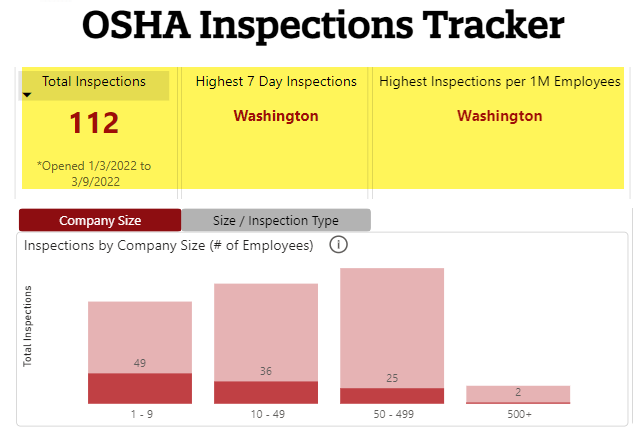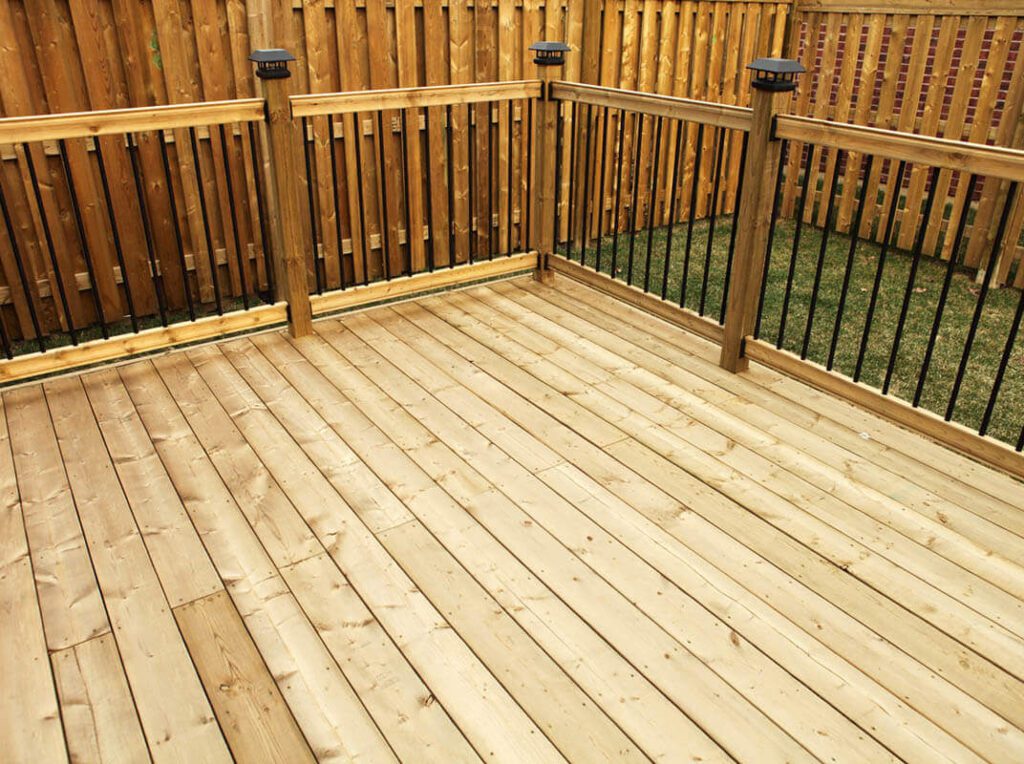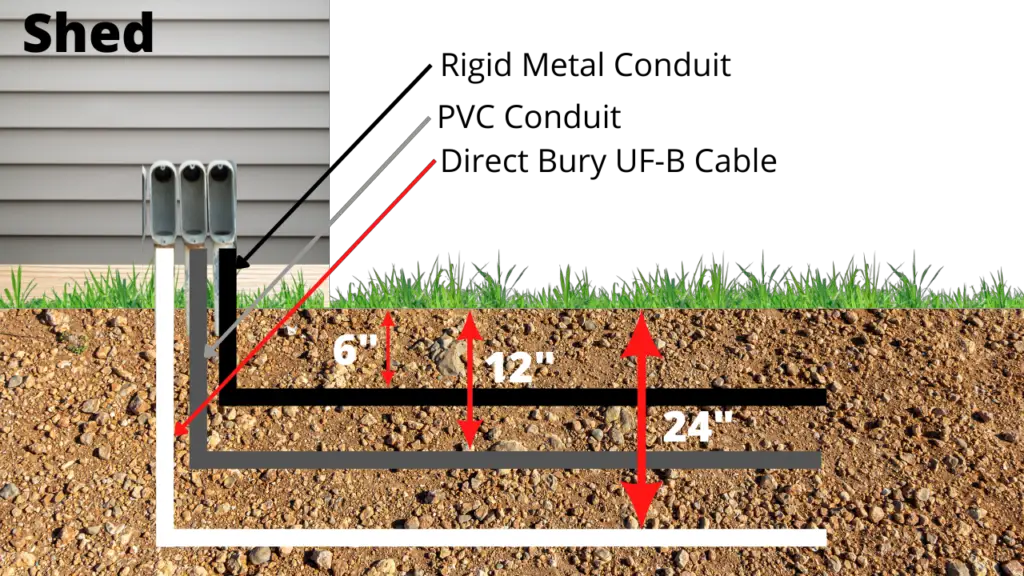Washington state has specific laws in place to protect the rights of tenants, including regulations regarding landlord inspections. As a tenant in Washington, it is important to understand your rights when it comes to inspections by your landlord. This article aims to shed light on the topic and provide clarity on whether landlords in Washington state can conduct random inspections of rental properties. With a focus on tenant rights and state regulations, you will gain valuable insights to ensure a positive renting experience.
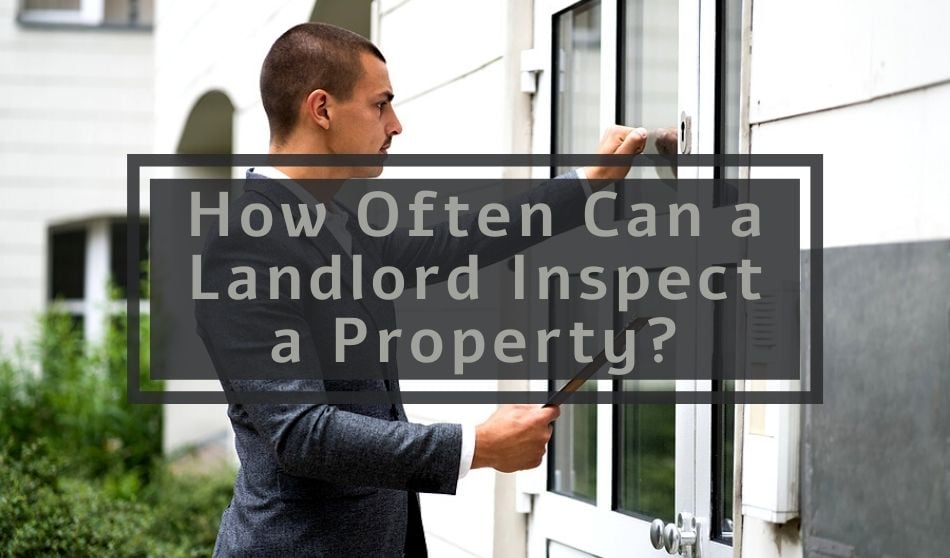

Can Landlords Do Random Inspections In Washington State?
If you are a tenant in Washington State, you may be wondering about your rights regarding random inspections by your landlord. It’s important to understand the laws and regulations surrounding landlord-tenant relationships in Washington State to know what is permissible. In this article, we will provide you with a comprehensive guide on the rights and responsibilities of both landlords and tenants when it comes to inspections of rental properties in Washington State.
Understanding Landlord-Tenant Laws in Washington State
Before diving into the specifics of inspections, let’s first familiarize ourselves with the broader context of landlord-tenant laws in Washington State. The Residential Landlord-Tenant Act serves as the primary legal framework governing rental properties in the state. Additionally, lease agreement terms and conditions can also determine the obligations of both parties involved.
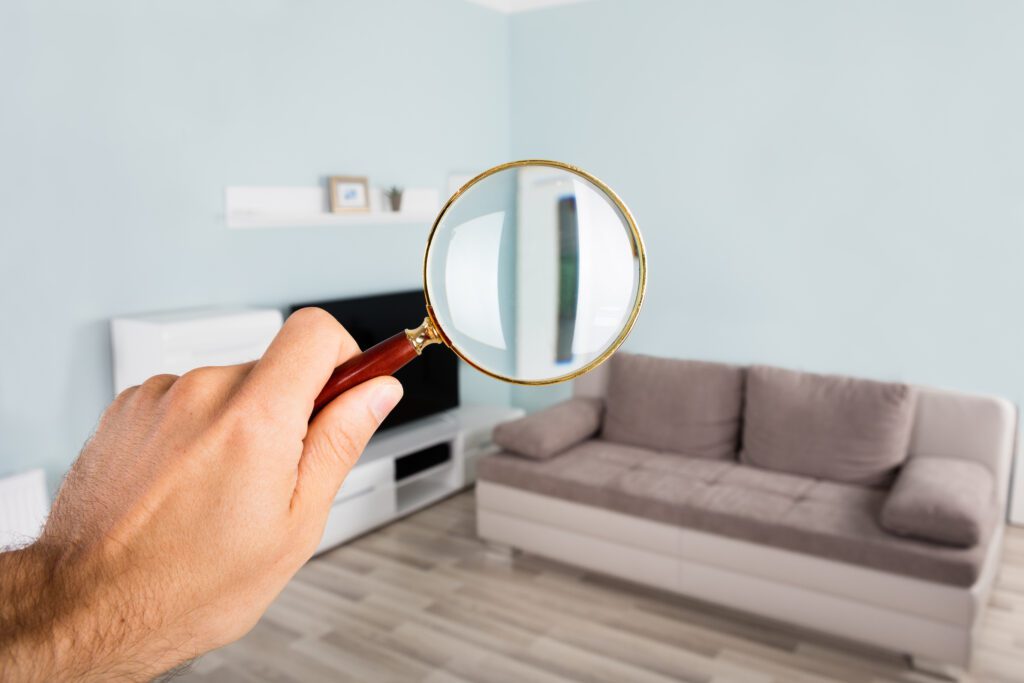

Rights and Responsibilities of Landlords
Landlords hold certain rights and responsibilities when it comes to maintaining and managing rental properties. They are primarily responsible for maintaining and repairing the rental property, ensuring that it meets the necessary standards of habitability. This includes addressing any issues related to plumbing, heating, electricity, or structural integrity.
Another significant responsibility of landlords is to provide essential services to tenants. These essential services may include the provision of water, sanitation, heat, and electricity, among others. It is crucial for landlords to fulfill these obligations to ensure that tenants can enjoy a safe and comfortable living environment.
Rights and Responsibilities of Tenants
Tenants also have their own set of rights and responsibilities to uphold in Washington State. One of the fundamental responsibilities of tenants is to maintain the rental property in a reasonable and clean manner. This includes keeping the property clean, disposing of garbage properly, and avoiding any actions that may cause damage to the premises.
Rent payment is another significant responsibility of tenants. Paying rent in a timely manner is essential to maintain a good landlord-tenant relationship. It is crucial to adhere to the terms and conditions outlined in the lease agreement regarding the frequency and method of payment.
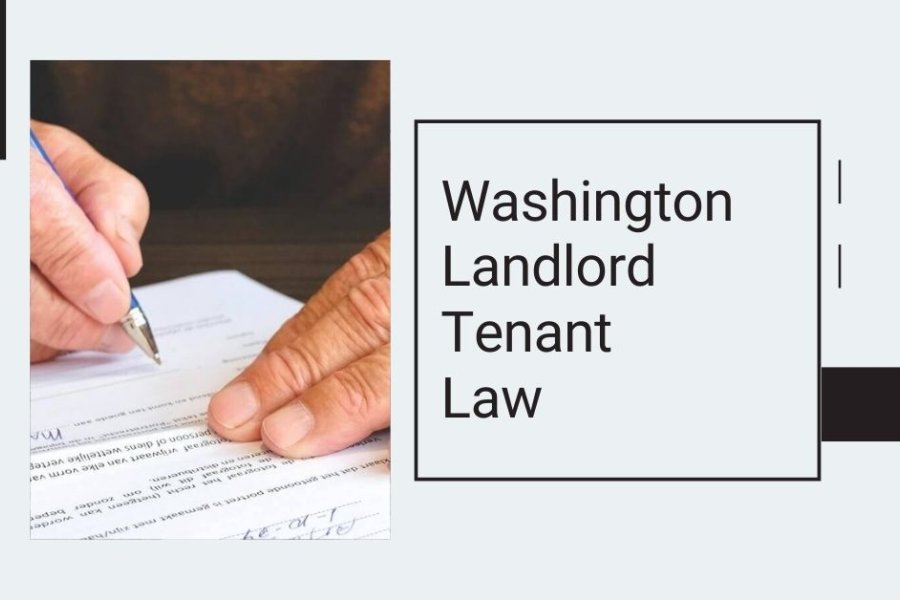

Inspections and Access to Rental Property
Inspections of rental properties play a crucial role in ensuring that landlords fulfill their obligations and that tenants are maintaining the premises properly. There are various types of inspections allowed in Washington State, including move-in/move-out inspections, routine inspections, and emergency inspections.
Move-in/Move-out Inspections
Move-in and move-out inspections are typically conducted to document the condition of the rental property before a new tenant moves in or after a tenant moves out. This inspection aims to identify any existing damages or discrepancies compared to the initial condition of the property. It helps protect both landlords and tenants from any potential disputes regarding security deposits or damages.
Routine Inspections
Routine inspections, also known as periodic inspections, allow landlords to assess the overall condition of the rental property during a tenancy. The purpose of these inspections is to ensure that the property is being well-maintained and to identify any potential issues that may require attention. Routine inspections may include checking for cleanliness, inspecting appliances, or verifying compliance with lease terms.
Emergency Inspections
In emergency situations, landlords may need immediate access to the rental property to address urgent issues that could pose a danger to the property or its occupants. Emergency inspections allow landlords to assess the situation quickly and take necessary measures to mitigate any potential harm or damages.
Notice Requirements for Inspections
To respect the privacy and rights of tenants, Washington State law establishes certain notice requirements for inspections. These requirements aim to strike a balance between the legitimate interests of landlords and the reasonable expectations of privacy for tenants.
Advance Notice for Routine Inspections
For routine inspections, landlords are generally required to provide reasonable advance notice to tenants before entering the premises. The specific notice period may vary, but it is typically around 48 hours. This notice allows tenants to prepare for the inspection and make necessary arrangements.
Immediate Access for Emergency Inspections
In the case of emergency inspections, landlords may not be required to provide advance notice. It is essential to remember that emergency inspections should only be conducted when there is an immediate threat to the property or the safety of its occupants.


Random Inspections
Random inspections refer to unscheduled inspections that are not directly linked to move-in/move-out procedures or routine maintenance. These inspections are sometimes requested by landlords to check on the condition of the property or ensure compliance with lease terms. However, it is important to note that Washington State law places certain restrictions on random inspections.
Definition of Random Inspections
Random inspections typically occur without prior notice or consent from tenants. Landlords may conduct these inspections to verify if tenants are following the terms of the lease agreement, prevent unauthorized occupants, or address suspicions of lease violations.
Legal Restrictions for Random Inspections
Washington State law generally does not allow landlords to conduct random inspections without the consent of tenants. Tenants have a reasonable expectation of privacy and the right to enjoy their rented premises without arbitrary intrusions. Random inspections without notice or consent may be deemed an unreasonable intrusion into the tenant’s privacy, potentially leading to legal consequences for landlords.
Privacy Rights of Tenants
The privacy rights of tenants are protected under Washington State law. Tenants have a reasonable expectation of privacy within their rented premises, which extends to their personal belongings and activities. Landlords must respect this expectation and refrain from conducting intrusive inspections without proper notice or consent.
Reasonable Expectation of Privacy
Tenants have a legitimate expectation of privacy within their rented premises. This includes the right to exclude others from entering without proper notice, except in emergency situations. Landlords must respect and safeguard the privacy rights of tenants, ensuring that inspections are conducted in a reasonable manner.
Protections against Unreasonable Intrusions
Landlords who violate the privacy rights of tenants may face legal consequences. If a tenant believes that a landlord has conducted an unreasonable inspection or has unlawfully invaded their privacy, they may file a complaint or seek legal advice to protect their rights and seek appropriate remedies.
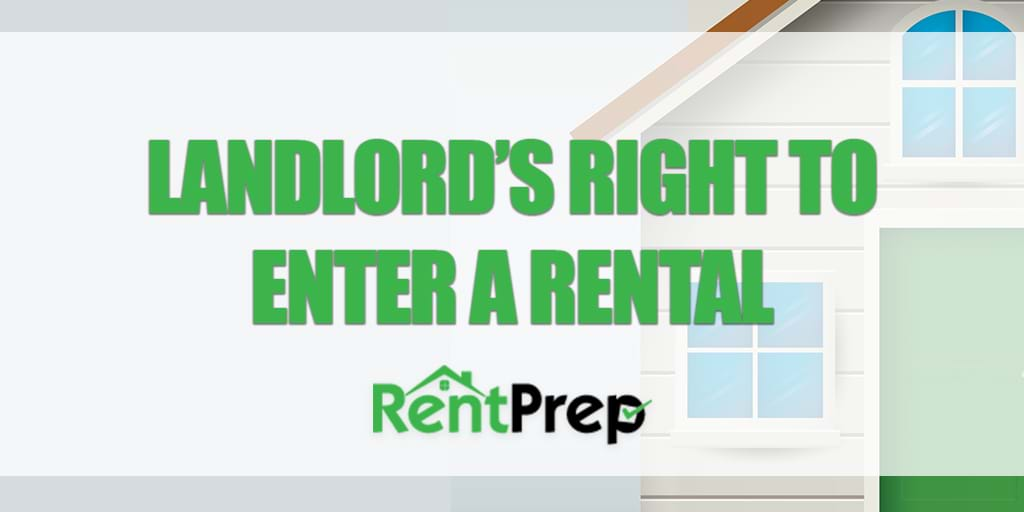

Alternatives to Random Inspections
While random inspections may not be permissible in Washington State without tenant consent, there are alternative approaches that landlords can adopt to address specific concerns or issues within their rental properties.
Communication with Tenants
Maintaining open lines of communication with tenants can be a more effective approach to address concerns or ensure compliance with lease terms. By fostering a respectful and communicative relationship, landlords can encourage tenants to report any issues or potential violations and resolve them in a timely manner.
Problem-Specific Inspections
Instead of conducting random inspections, landlords can opt for problem-specific inspections when there are specific concerns regarding the condition of the property. If landlords suspect lease violations or damage, they can arrange an inspection with proper notice and consent from the tenants.
Scheduled Inspections
Scheduled inspections provide an opportunity for landlords to inspect rental properties at regular intervals while respecting tenants’ rights to privacy. By establishing a predetermined schedule for inspections, landlords can maintain compliance with the law and ensure that tenants are aware of the upcoming inspections.
In conclusion, while random inspections without notice or consent are generally not allowed in Washington State, understanding the rights and responsibilities of both landlords and tenants is crucial. By following the appropriate legal procedures and building open lines of communication, landlords can ensure that rental properties are well-maintained while respecting the privacy rights of tenants.


